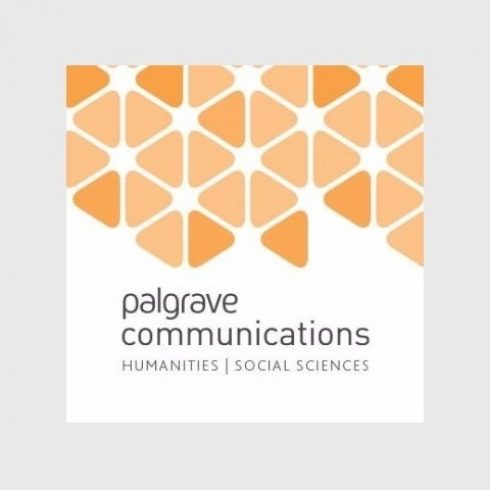Phage therapy as a potential solution in the fight against AMR: obstacles and possible futures
Charlotte Brives and Jessica Pourraz
2020

Abstract
Phage therapy, the use of bacteriophage viruses to treat bacterial infections, has existed for more than a hundred years. However, the practice is struggling to develop, despite growing support over the past 15 years from researchers and doctors, who see it as a promising therapy in the context of the rise of antimicrobial resistance (AMR). While the reasons for these developmental difficulties are complex, in this article we wish to address the effects of pharmaceutical regulations on phage therapy. By showing how phages are assimilated to an umpteenth antibiotic in legal texts, but also in certain medical practices, this article proposes to analyze the consequences of such regulatory categorization both for their production and the logistics of administration of proof of their efficacy in randomized controlled trials (RCTs), as well as the underlying concepts of infection and treatment.
View Publication > Share
Share






Commentary
The latest commentary on the use of antimicrobials in society.